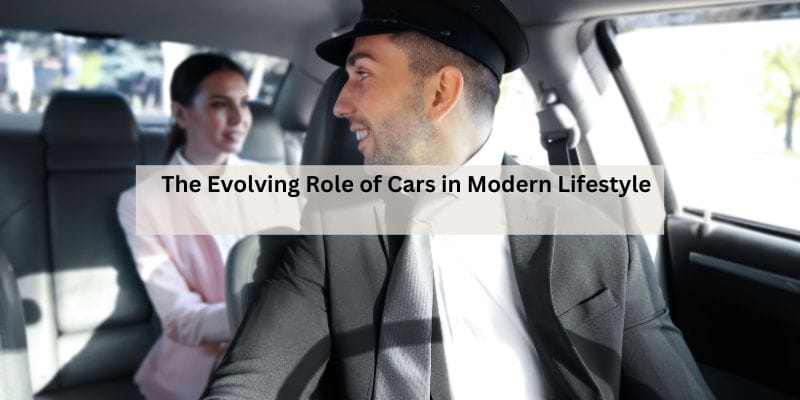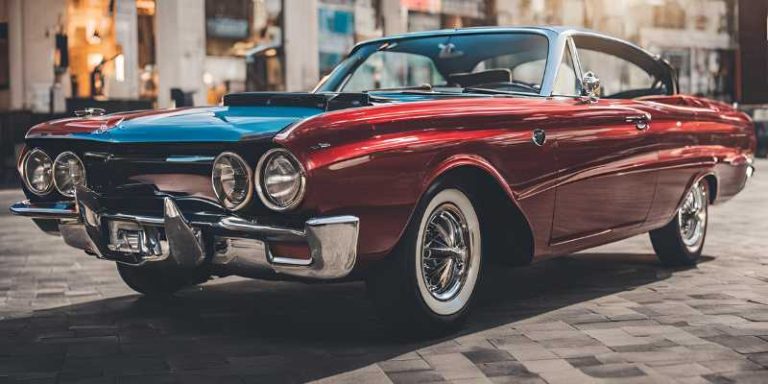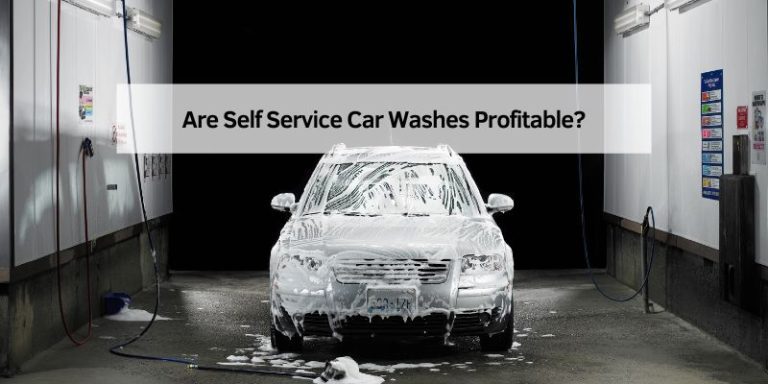The Evolving Role of Cars in Modern Lifestyle
Cars have evolved to play a crucial role in modern lifestyles, with the shift towards electric vehicles (EVs) being the most significant transformation in the automotive industry today. The electrification of vehicles is driven by global efforts to reduce carbon emissions and combat climate change, making it the new standard.
This evolution has had a profound impact on society and the economy, shaping urban landscapes, influencing infrastructure development, and altering social dynamics. Cars have provided accessibility, convenience, and freedom of movement on an unprecedented scale, revolutionizing the way people commute and travel.
With the integration of advanced technologies, cars continue to play a vital role in transportation and mobility, becoming an integral part of our daily routines and societal structures.
The Shift Towards Electric Vehicles
The shift towards electric vehicles (EVs) is driving the most significant transformation in the automotive industry today. Global efforts to reduce carbon emissions and combat climate change are pushing for sustainability, making electrification the new standard. This shift is impacting not only the automotive industry but also society and the economy. Cars have become an integral part of modern life, profoundly impacting our daily routines, societal structures, and even urban landscapes. The accessibility and convenience offered by cars have reshaped the way people commute, enabling mobility and freedom of movement on an unprecedented scale.
Automotive Technology’s Next Frontier
The automotive industry is witnessing significant changes with the emergence of electric vehicles (EVs), driven by global efforts to reduce carbon emissions. This shift is reshaping urban landscapes and influencing infrastructure development. Additionally, the accessibility and convenience offered by cars have transformed the way people commute, enabling unprecedented mobility and freedom of movement.
Furthermore, automotive technology is advancing with a focus on connectivity and autonomy, paving the way for innovations that will shape the future of transportation. These developments are set to redefine the role of cars in modern lifestyles, offering enhanced efficiency and safety while addressing environmental concerns.
Cars And Urban Transformation
The role of cars in modern lifestyle has evolved significantly over the years. One of the major transformations in the automotive industry today is the shift towards electric vehicles (EVs). This change is driven by the global effort to reduce carbon emissions and combat climate change. The accessibility and convenience offered by cars have reshaped the way people commute, enabling mobility and freedom of movement on an unprecedented scale. Cars have been instrumental in shaping urban landscapes, influencing infrastructure development, and even altering social dynamics. The invention of the car has changed the way people travel and relocate, giving them more personal freedom and access to jobs and services. However, heavy automotive use has also resulted in negative impacts like non-renewable fuel use, air and noise pollution, and a rise in cardiovascular diseases.
Mobility And Freedom
The evolving role of cars in modern lifestyle has greatly impacted personal movement and travel. With the shift towards electric vehicles (EVs), the automotive industry is undergoing a significant transformation driven by global efforts to reduce carbon emissions. Cars have played a pivotal role in shaping urban landscapes, influencing infrastructure development, and altering social dynamics. The accessibility and convenience offered by cars have reshaped the way people commute, enabling unprecedented mobility and freedom of movement. Furthermore, cars have revolutionized travel and relocation, making it more readily accessible for everyday people and significantly impacting societal structures and cultural norms.
Negative Consequences Of Car Usage
Negative consequences of car usage have become a growing concern in modern society, particularly due to environmental and health implications. The emissions from cars contribute significantly to air and noise pollution, which can lead to respiratory and cardiovascular diseases. Additionally, the use of non-renewable fuels in cars has a detrimental impact on the environment, contributing to climate change and global warming.
Furthermore, the convenience and accessibility offered by cars have led to the disconnection of local communities and decreased local economies. With the rise of cars, people are more likely to drive to distant locations, resulting in fewer interactions with their neighbors and local businesses. This shift towards individual transportation has also led to a decrease in physical activity, contributing to an increase in obesity and other health problems.
It’s important to acknowledge the negative consequences of car usage and work towards finding solutions to mitigate them, such as promoting the use of public transportation or encouraging the adoption of electric vehicles.
The Automobile’s Role In Society
The role of automobiles in society has evolved significantly over time. From being a luxury item only accessible to the wealthy, cars have become an integral part of modern life, profoundly impacting our daily routines, societal structures, and even cultural norms. They have reshaped the way people commute, enabling mobility and freedom of movement on an unprecedented scale.
Cars have been instrumental in shaping urban landscapes, influencing infrastructure development, and altering social dynamics. Automobiles have given people more personal freedom and access to jobs and services, and cars have enabled people to travel and relocate more readily. Leisure travel became something common folks could afford, and commuting has become more convenient than ever before.
The shift towards electric vehicles (EVs) is arguably the most significant transformation occurring in the automotive industry today. Driven by a global effort to reduce carbon emissions and combat climate change, the electrification of vehicles is set to become the new standard.
Consumer Needs And Car Evolution
Cars have evolved to meet the changing needs of consumers, becoming an integral part of modern lifestyle. With a shift towards electric vehicles and advancements in automotive technology, cars have reshaped the way people commute, enabling greater mobility and freedom of movement on an unprecedented scale.
| Consumer Needs and Car Evolution |
| Demand for comfort and performance |
| The impact of lifestyle changes |
The evolving role of cars in modern lifestyle is influenced by consumer needs and the evolution of cars to meet those needs. There is a growing demand for comfort and performance as people seek more efficient and enjoyable driving experiences. Lifestyle changes have also had a significant impact on the role of cars in modern society, with an increasing emphasis on sustainability and technological advancements shaping the way people interact with automobiles. This evolving relationship between cars and consumers reflects the dynamic nature of modern lifestyles and the ongoing adaptation of the automotive industry to meet these evolving needs.
The Future Of Cars In Modern Lifestyle
The future of cars in modern lifestyle is rapidly evolving with sustainability and technology trends shaping the next generation of transportation. The shift towards electric vehicles (EVs) is arguably the most significant transformation occurring in the automotive industry today. Driven by a global effort to reduce carbon emissions and combat climate change, the electrification of vehicles is set to become the new standard.
Cars have been instrumental in shaping urban landscapes, influencing infrastructure development, and even altering social dynamics. The accessibility and convenience offered by cars have reshaped the way people commute, enabling mobility and freedom of movement on an unprecedented scale. However, the modern negative associations with heavy automotive use include the use of non-renewable fuels, a dramatic increase in the rate of accidental death, the disconnection of local community, the decrease of local economy, the rise in cardiovascular diseases, the emission of air and noise pollution.
Despite these challenges, the evolution of automobiles has had a profound impact on our daily routines, society, and the economy. The automobile changed many things in the United States, including changes for industry and technology and everyday life. Automobile manufacturing became one the first industries to use the assembly line. The automobile gave people more personal freedom and access to jobs and services.
Frequently Asked Questions
How Are Cars Evolving Today?
Cars are evolving through electrification and advanced technology, reshaping transportation and reducing carbon emissions. They have impacted urban landscapes, infrastructure, and mobility, providing accessibility and convenience. Additionally, cars have enabled people to travel more easily, altering social dynamics and daily routines.
What Is The Impact Of The Invention Of The Car On Modern Life?
The invention of the car has had a significant impact on modern life. Cars have shaped urban landscapes, influenced infrastructure development, and changed social dynamics. They have provided accessibility and convenience, transforming the way people commute and enabling unprecedented mobility and freedom of movement.
Cars have also affected the economy and society, opening up opportunities for travel and relocation. However, heavy automotive use has also brought negative consequences, such as non-renewable fuel consumption, increased accidents, disconnection of local communities, and environmental pollution. Overall, cars have become an integral part of modern life, profoundly impacting daily routines, societal structures, and cultural norms.
How Did Cars Change The Way Of Life?
Cars revolutionized the way of life by providing quick and convenient transportation. They enabled people to travel and relocate easily, making leisure travel accessible to the masses. Cars also shaped urban landscapes, influenced infrastructure development, and improved mobility on an unprecedented scale.
Additionally, cars have had both positive and negative impacts on society, including increased personal freedom and access to jobs and services, but also contributing to environmental and health concerns.
Conclusion
Cars have evolved to become an indispensable part of modern lifestyle, impacting our daily routines, societal structures, and cultural norms. The shift towards electric vehicles reflects a global effort to reduce carbon emissions and combat climate change. Cars have provided accessibility and convenience, reshaping the way people commute and enabling mobility on an unprecedented scale.
As technology continues to advance, cars will play a vital role in transportation and mobility, contributing to the evolution of our society.






